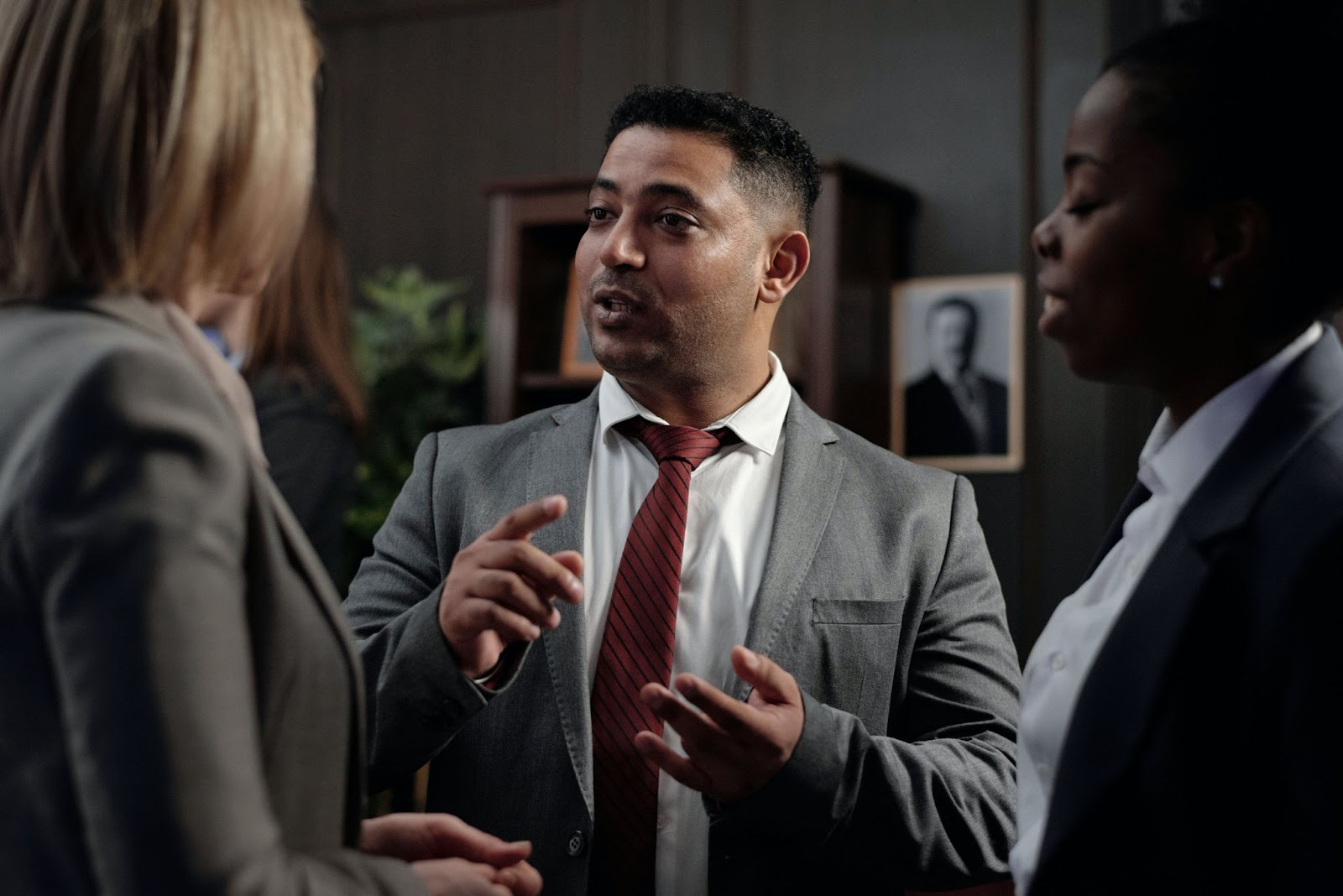Child Protective Services (CPS) is an agency responsible for ensuring children’s safety and well-being. They are authorized to intervene in cases where there is suspected abuse or neglect of a child. However, what happens when a court order is already in place? Can CPS override a court order? This is a question that many parents and guardians may have when dealing with the complex and often confusing world of child welfare. In this blog post, we will break down the powers of CPS in relation to court orders and provide some insight into how these two entities interact.
Understanding the Role of CPS in Child Protection

Child Protective Services (CPS) plays a critical role in ensuring the safety and well-being of children in our society. Their primary goal is to protect children from abuse and neglect, and they have the authority to intervene in cases where there is suspected harm.
CPS works closely with families, communities, and other agencies to assess and address the needs of children who may be at risk. They conduct thorough investigations to determine if abuse or neglect has occurred, and if necessary, they can remove children from unsafe environments and place them in temporary foster care.
CPS also provides a wide range of support services to families, such as counseling, parenting classes, and referrals to community resources. Their ultimate aim is to help families address the issues that led to the intervention and reunite them in a safe and healthy environment.
It is important to understand that CPS’s role is not to punish parents or take away their rights unnecessarily. Their focus is on protecting children and providing the necessary support to families to ensure their well-being. While their interventions may sometimes involve court proceedings, the ultimate goal is always to ensure the safety and best interests of the child.
Understanding the role of CPS in child protection is crucial for parents and guardians who may find themselves in challenging situations. By working collaboratively with CPS, families can receive the support they need to create a safe and nurturing environment for their children.
The Power of Court Orders in Child Custody Cases

When it comes to child custody cases, court orders hold significant power. A court order is a legally binding document that outlines the rights and responsibilities of each parent or guardian regarding the custody and care of a child. It is designed to provide stability and ensure the best interests of the child are met.
Court orders can cover a wide range of issues, including visitation schedules, decision-making authority, and financial support. They are put in place to establish clear guidelines and expectations for both parents and guardians involved.
In the context of Child Protective Services (CPS), court orders play an important role. CPS cannot simply override a court order without proper legal procedures. They must adhere to the existing court order unless there are substantial grounds for intervention to protect the child’s safety.
If CPS believes that a child’s well-being is at risk despite a court order being in place, they may need to present evidence and petition the court to modify or revoke the order. This typically involves a legal process where both parties can present their case, and the court will ultimately determine what is in the best interests of the child.
Parents and guardians need to understand the power of court orders in child custody cases. These orders provide a level of stability and protection for children, and CPS cannot unilaterally override them. If you find yourself in a situation where you believe CPS is wrongly interfering with a court order, it is crucial to seek legal counsel and understand your rights.
The Interplay Between CPS and Court Orders
When it comes to the interplay between Child Protective Services (CPS) and court orders, the situation can become complex and confusing. While court orders provide a level of stability and protection for children, CPS has the authority to intervene if they believe a child’s safety is at risk. This can sometimes create tension between the two entities.
In cases where a court order is already in place, CPS cannot simply override it without going through the proper legal procedures. They must adhere to the existing court order unless there are substantial grounds for intervention to protect the child. If CPS believes that a child’s well-being is in danger despite the court order, they may need to present evidence and petition the court to modify or revoke the order. This involves a legal process where both parties can present their case, and the court ultimately determines what is in the best interests of the child.
Parents and guardians need to understand that while court orders provide some level of protection, CPS has the authority to intervene if they believe a child is in immediate danger. This interplay between CPS and court orders emphasizes the importance of working collaboratively and seeking legal representation when dealing with child custody cases involving CPS. By understanding the legal rights and processes, parents and guardians can navigate these complex situations and ensure the safety and well-being of their children.
Circumstances Under Which CPS Can Intervene
When it comes to the circumstances under which Child Protective Services (CPS) can intervene, it is essential to understand that their primary goal is to protect children from abuse and neglect. CPS is authorized to intervene when there is credible evidence or reasonable suspicion of harm to a child’s well-being.
There are several circumstances under which CPS may decide to intervene. These include cases of physical or sexual abuse, neglect, emotional abuse, drug or alcohol abuse by parents or guardians, domestic violence in the home, or a dangerous living environment that poses a risk to the child’s safety.
It’s important to note that CPS cannot intervene solely based on rumors or unfounded allegations. They conduct thorough investigations to gather evidence and make informed decisions. Their intervention is focused on assessing the immediate safety of the child and determining whether further action is necessary to protect their well-being.
Suppose CPS determines that a child is in immediate danger. In that case, they may take emergency action, such as removing the child from the home or seeking temporary custody through a court order. However, even in these cases, CPS is still required to follow the proper legal procedures and present their evidence to the court.
Understanding the circumstances under which CPS can intervene is crucial for parents and guardians. By being aware of these circumstances, they can take proactive measures to create a safe and nurturing environment for their children, minimizing the risk of CPS intervention.
The Importance of Legal Representation

Legal representation is of utmost importance when dealing with child custody cases involving Child Protective Services (CPS). Navigating the complexities of the legal system can be daunting, and having an experienced attorney by your side can provide valuable guidance and support.
Having legal representation ensures that your rights as a parent or guardian are protected throughout the entire process. An attorney can help you understand the legal procedures and requirements, ensuring that you are fully prepared for court proceedings. They can also gather and present evidence on your behalf, making a strong case to protect your child’s best interests.
Additionally, a skilled attorney can negotiate with CPS and advocate for your rights during any meetings or negotiations. They can provide valuable advice and representation during court hearings, helping you present your case effectively and ensuring that your voice is heard.
Legal representation also provides peace of mind during what can be a highly emotional and stressful time. Having someone who understands the legal intricacies and is dedicated to fighting for your rights can alleviate some of the burdens associated with the process.
In conclusion, seeking legal representation is crucial when dealing with child custody cases involving CPS. An attorney can provide invaluable guidance, protection of your rights, and advocacy on behalf of your child’s well-being. Don’t navigate this challenging situation alone – enlist the help of an experienced attorney to ensure the best possible outcome for your family.
Conclusion
In conclusion, the interplay between Child Protective Services (CPS) and court orders represents a complex intersection of legal authority, safeguarding children’s welfare, and respecting established legal mandates. While CPS holds the responsibility to ensure the safety and well-being of children, its capacity to override a court order is constrained by the legal framework and due process.
The complexities surrounding CPS interventions and court orders underscore the importance of due process, legal considerations, and the fundamental goal of safeguarding children’s well-being within the confines of the law. Collaboration, communication, and adherence to legal procedures serve as vital components in resolving situations where CPS actions intersect with established court orders.


